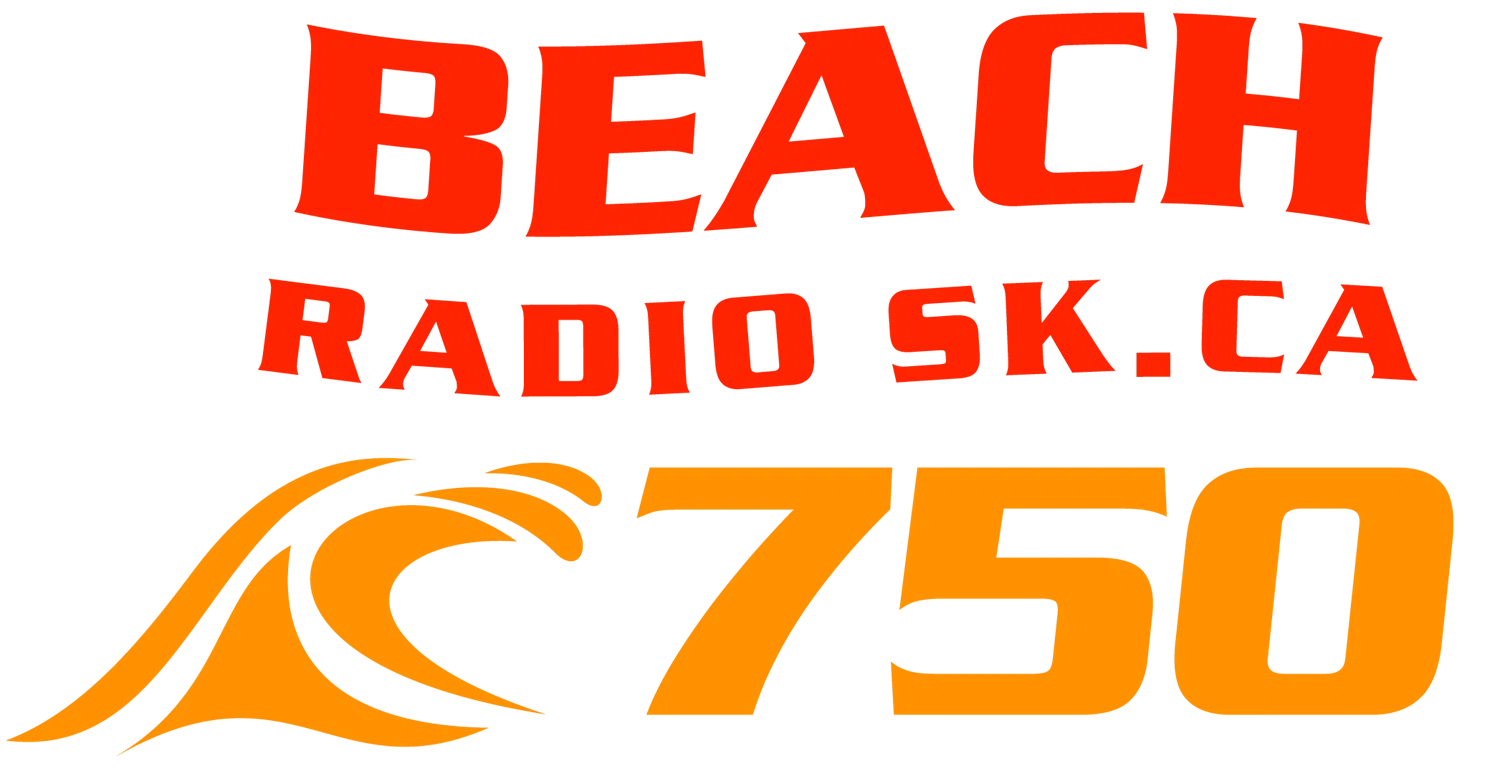Approximately 88% of Canadians use corporate jargon expressions or buzzwords about six times a day at work. However, we are not referring to typical water cooler conversations like “Case of the Mondays”.
A recent survey conducted by the language learning platform Preply revealed that Gen Z is often accused of overusing the acronym “G.O.A.T.”. Additionally, 92% of people in their 20s admitted to using corporate jargon in the workplace. However, 20% of them also confessed that they find these buzzwords confusing. So, is Gen Z truly a generation of jargon users?
92% of Gen Z use corporate jargon at work, but 20% find it confusing. “G.O.A.T” is the most frequently overused buzzword.
@imdrebrown Corporate Jargon is a waste of time! #corporate #genz #youngprofessional ♬ original sound – DeAndre Brown
G.O.A.T.
An acronym for “Greatest of All Time,” the phrase gained steam in the sports world in debates about which athletes, like Michael Jordan or Tom Brady, ruled their sport without contention.
G.O.A.T. has overtaken the once popular “you the real MVP” that was famously said by basketball player Kevin Durant when he was crowned NBA MVP in 2014.
Slay
Often paired with the equally insufferable “yas queen,” slay is employed when a person is exceeding expectations — often their own in terms of appearance or personal and professional achievement.
Sus
Short for suspicious, this phrase is commonly used to describe sketchy behavior. Example: “My boss was using full words to describe a task I needed to complete. It was really sus.”
FR
The abbreviated version of “for real” applies gravity or accuracy to a situation or description. Also the atomic symbol for francium.
Vibing
A way to express one’s positive emotional feelings for the young and verbally ungifted. A person feels such good “vibes” while in a cheery and uplifted mood.
Flex
A form of bragging or gloating, like that of flexing one’s muscles. Not to be confused with Phil Swift’s Flex Seal products, which, in their own way have become a meme with millennials wanting to tape over their problems.
Glow up
Used in reference to a person’s personal improvement over time, such as young people using their big kid words.
Another way of saying “yes” or “I agree.” This one also perplexed Steve Martin in “Only Murders in the Building.”
Period
Gen Z has become the very thing they swore to destroy. They, too, are culprits of the one-word, sentence-ending interjection.
Basic
A way to describe a person’s lack of individuality and independent thought — such as using these phrases.
Corporate jargon is often used in professional contexts to improve understanding, but it can also create confusion. To find out what Canadians really think about this type of language, Preply surveyed over 1,000 Canadian residents.
Gen Z can’t stop using slang at work — 10 terms that annoy their colleagues the most https://t.co/Vd6Gm3rOBj pic.twitter.com/aeEed4qK93
— New York Post (@nypost) November 16, 2023
How often do Canadians use office buzzwords?
The study says Canadians tend to use corporate buzzwords around six times per day on average, with the frequency decreasing as they get older. In French-speaking offices, 90% of employees use jargon, while in anglophone workplaces, the percentage is slightly lower at 87%.
How do Canadians feel about corporate jargon?
Some employees find corporate jargon helpful, while others feel more negatively about it. However, one in five employees questions how genuine you are being. Canadians use corporate jargon to save time, better communicate with coworkers, and express ideas more efficiently. A quarter of respondents even said they use jargon to fit in.








